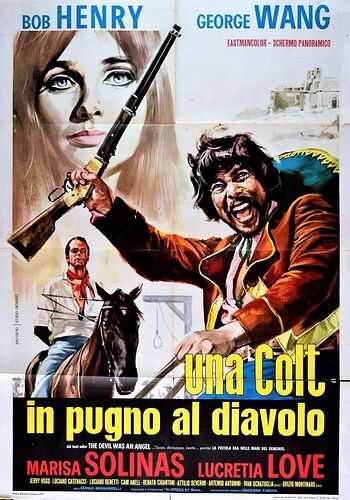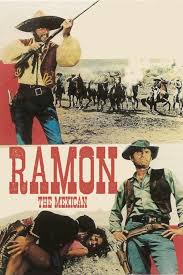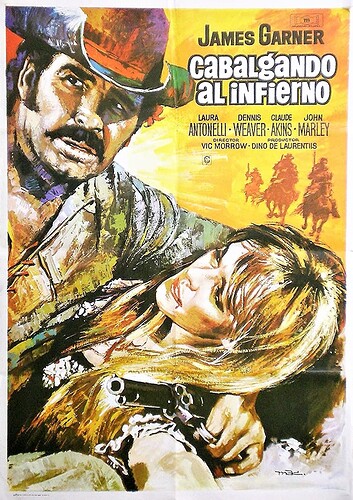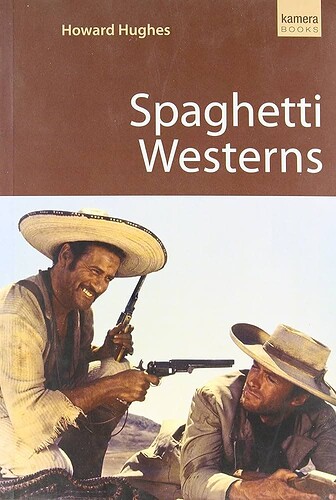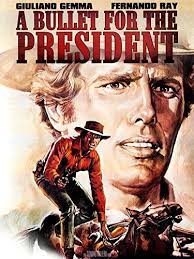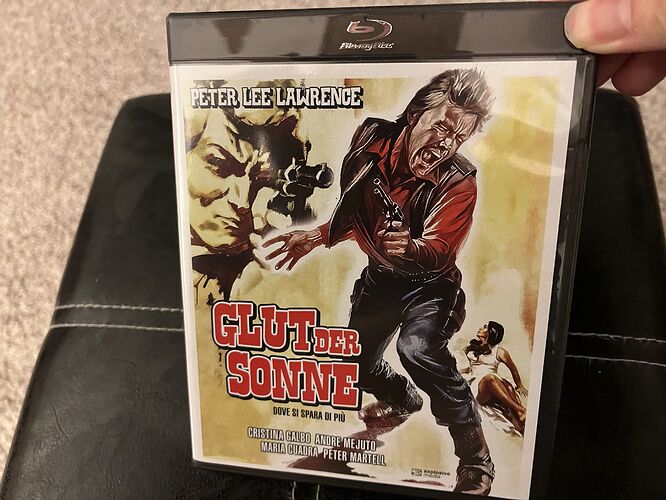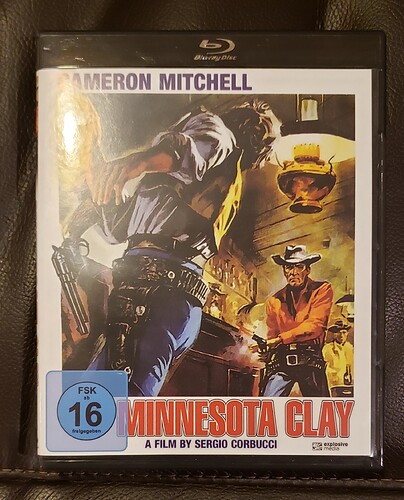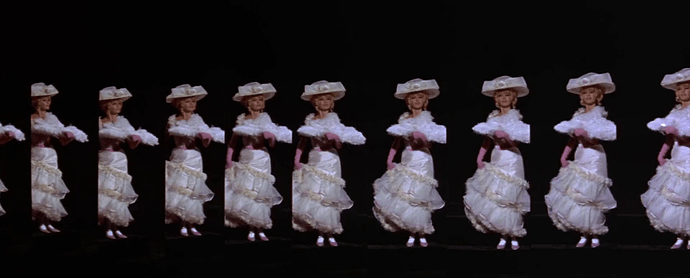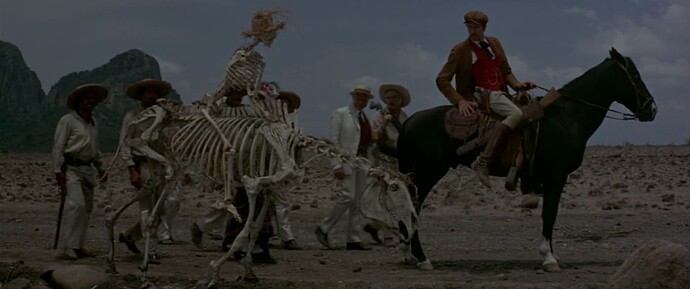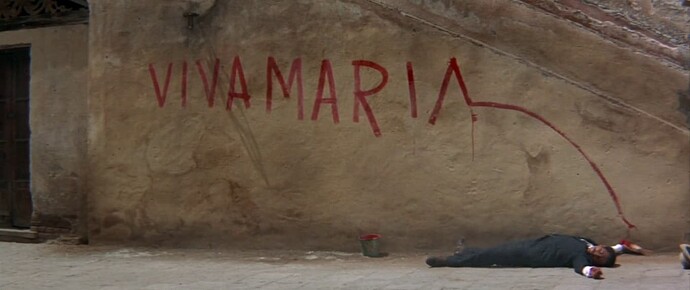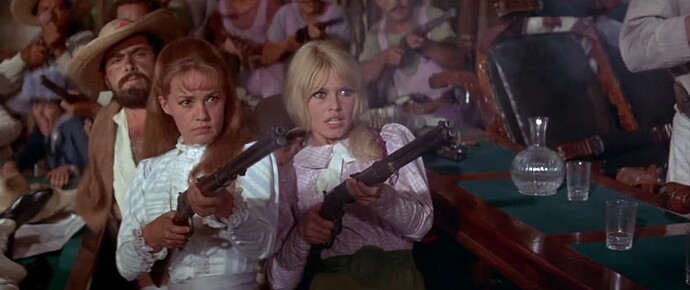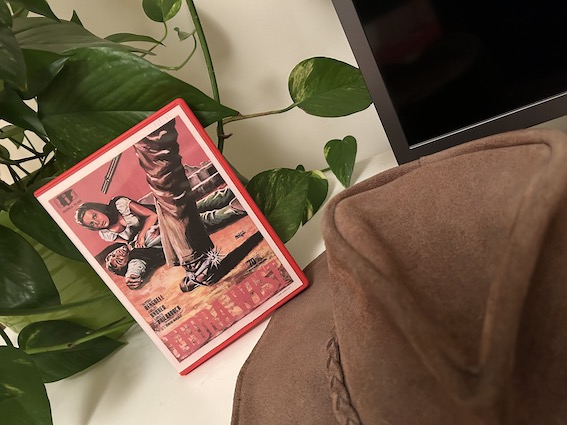23: John il bastardo (1967), directed by Armando Crispino
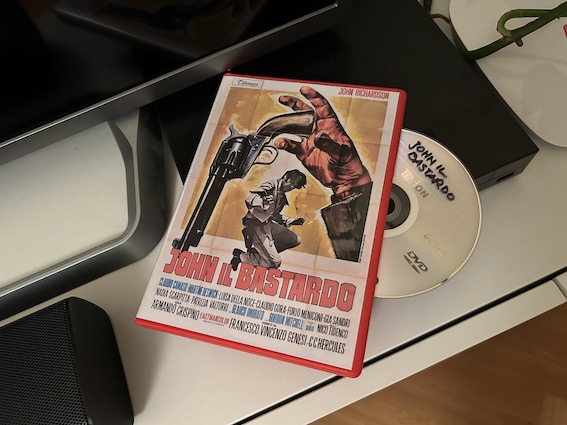
Released on November 16, 1967, two weeks after Giuseppe Colizzi’s Dio perdona … io no! and one week before Sergio Sollima’s Faccia a faccia, John il bastardo transposes the legend of Don Juan to the Wild West and offers a unique interpretation of this oft-depicted character. Following the intellectual fashion of the 1960s, Crispino invests his Don Juan with an oedipal dilemma. John Donald, also called John the bastard, doesn’t know who fathered him, because his mother withheld that particular information from him, out of fear he might, once grown up, kill his begetter.
Crispino’s Western version of the Don Juan legend is told from the perspective of a dying man, Morenillo, John Donald’s factotum. Consequently, the entire film can be seen as a death hallucination, a surrealist reimagining of the life of a driven, haunted man whose bizarre existence comes to a bizarre end: he is crushed by a stone statue. The movie’s final images show John and Morenillo riding upwards in a tilted camera angle—on their way into myth.
With an excellent cast—including Martine Beswick, English actor John Richardson (Beswick’s husband at the time) in the title role, Glauco Onorato (Bud Spencer’s Italian voice) as Morenillo, Claudio Camaso (Gian Maria Volonté’s brother) and American expat Gordon Mitchell—John il bastardo is one of those Spaghetti Westerns whose unsympathetic, morally ambiguous protagonists undermine all possible audience identification and thus create an amoral space that subverts the conventions of Hollywood-style narrative cinema. Perhaps that’s why John the B. is still waiting for a DVD or Blu-ray release.
The oldest digital version I have has English audio and Portuguese subtitles, wrong aspect ratio. A newer version has English and Spanish audio, correct aspect ratio. The running time of both is about 100 minutes, and both are from the same source (Spanish television, I guess). Maybe one day a DVD/BD label will pick up this strange and intriguing film; it’s waiting in the archives on the Titanus website.
Next up is Fedra West (1968), directed by Joaquín Luis Romero Marchent.
